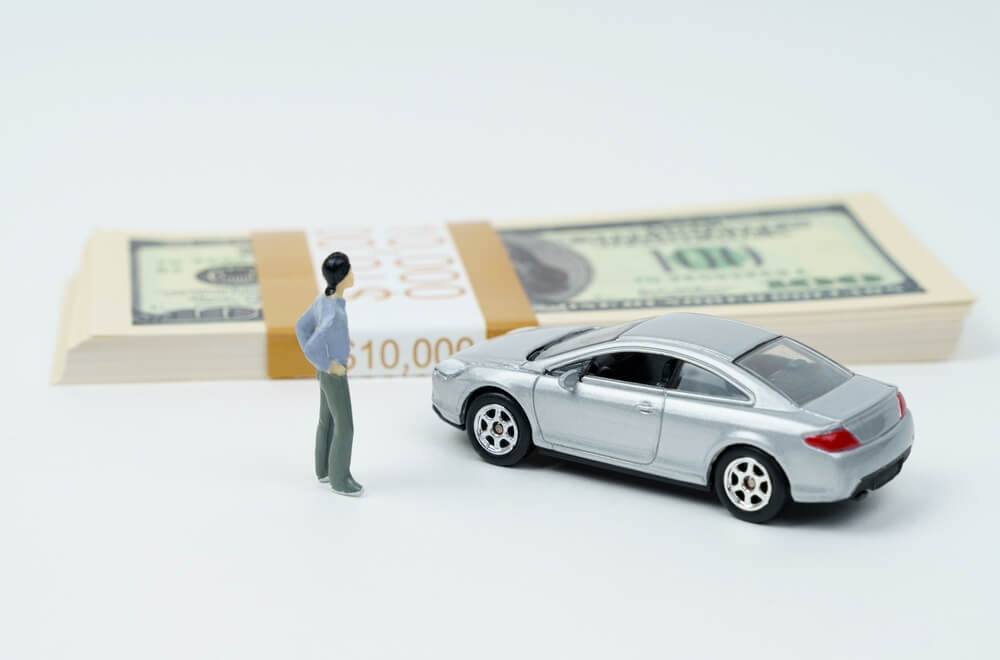
How to Manage Debt Repayment
Many financial gurus have advice on managing debt repayment. However, most agree the simplest ways are the most effective. There are some key points to implement in any debt repayment plan including asking for early payoffs, loan consolidation, and developing a system for paying down debt, and that’s what we’re going to talk about in this post.
Tips On How To Manage Debt Repayment
1. Face It
The first thing to do when you want to repay debt is to take an honest look at your debt, expenses, and income. This is the hardest part for most people because it can be heartbreaking, but no one is beyond help. Then, you must make choices that can include:
- Getting a second job to pay incoming expenses and debt repayment.
- Cutting out expenses to focus on debt repayment.
- Making some serious lifestyle changes to pay debt and get back on track.
There are no bad choices here but what you do depends on your unique situation. Your decision may include a combination of the three options. You may need to sell a boat or a sportscar to get your finances under control.
Cutting expenses may mean stopping restaurant visits for a while. You may find that working an extra two hours a day at your job or getting a second job three days a week may help you out of your home.
2. Pay More Than The Minimum
If you pay more than the minimum every month, you’ll be able to save on interest. The most important thing here is being consistent with extra payments. You can also speed up the process of paying your debt by paying more than once a month. This may also make it easier for you to stay on track of how much money you owe.
3. Use The Snowball Method Of Paying Off Your Debt
The snowball method of debt payoff is proven to be effective. The way it works is that you start paying off your smallest balance first, and then work your way up to the largest balance. This allows you to build momentum as each balance is paid off.
4. Use Less Drastic Options
Many other options exist that you can implement along with some of these major decisions. Many people get offers in the mail to go with a debt consolidation company that negotiates with creditors for you. That may be an option if you don't want to deal with it, but you should know they also charge you money.
You can end up worse if you fail to meet the minimum monthly payment. Plus, you can do the same negotiations yourself with creditors. Most will give anywhere from 30 to 50 percent off the debt if you either agree to a minimum monthly payment or settle the remainder now. Most will eliminate interest too if you settle now.
Go to your bank or credit union for a consolidated loan so you can settle out debt now for a discount. The interest at the bank will likely be less than the money you are saving for settling debt early. Paying a consolidated loan will help your credit score too.
You can also make long-term plans with creditors for debt repayment and still get discounts and interest-free payments. When you do initiate that type of plan, it's best to focus on the smallest debt first because it's the easiest to pay off. Get that small debt paid off quickly, and then move on to the next smallest one.
Paying off the smallest debt first will also be the quickest way to boost your credit score. You should see an improvement within three months. Be sure to get a letter confirming your debt is paid off from each creditor so you can also turn it into the three major credit bureaus in case the creditor doesn't update your report.
5. Start Saving
It's hard to save anything when you're in debt but it is something you must do for emergencies. Try to sock away 5 to 10 percent every payday for emergencies. You may need to cut out some things to do that but it's the best way to offer security for the future. That way you won't need to go into debt again should something happen.
What If There Is An Emergency?
Sometimes there is an unexpected emergency like a hospital stay or a roof repair. There aren't a lot of options for people with no savings when an emergency comes up. That is especially true for those with no credit or bad credit. Those with a car and a job do have one option and that is a car title loan in South Carolina.
Carolina Title Loans, Inc. offers loans from $601 to $15,000 to those with both good, bad, or no credit. You need a driver's license or state-issued identification, a lien-free title to your vehicle in your name, and your vehicle available for inspection.
Start by filling out a form on the company's website. A loan representative near you will call you and set up an appointment for someone to meet you at the nearest location.
Carolina Title Loans, Inc. has locations all over the state, so they are always convenient. Representatives are there to answer your questions anytime. You keep your vehicle while repaying the loan. The company will set up a repayment schedule after they talk to you about your needs and income. You will also have a chance to ask all your questions before taking out the loan.
Contact Us Today
Those who need money now to handle an unexpected expense should contact Carolina Title Loans, Inc. to see if they can help. Submit a short online form on our website to find out more about how a South Carolina car title loan works and whether it's right for you.
Note: The content provided in this article is only for informational purposes, and you should contact your financial advisor about your specific financial situation.


